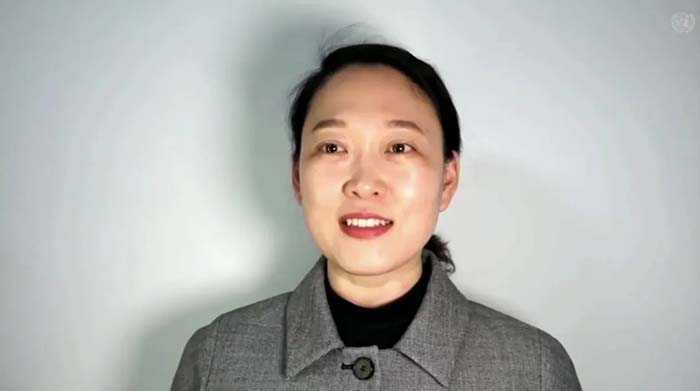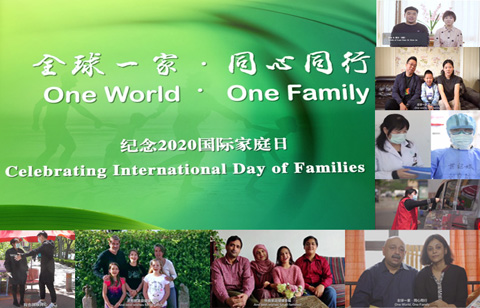Revised Population and Family Planning Law Allows Couples to Have Three Children
Date:2021-9-1 9:24:55 Views:- China adopts comprehensive measures to help improve the quality of the population, achieve an appropriate fertility rate, improve the demographic structure and promote its long-term, balanced population development.
- The action plans on population and family planning formulated by people's governments above the county level should strengthen maternal and child health care and infant care services to promote family development.
- Childbearing at appropriate age is supported. Social maintenance fees imposed on families who have violated family planning law, as well as other rules incompatible with the new third-child policy, will be canceled.
On August 20, the 30th session of the Standing Committee of the 13th National People's Congress (NPC) deliberated and passed a decision about the amendment of China's Population and Family Planning Law. The revised law shall come into force on the date of promulgation.
To promote long-term, balanced population development, the decision highlights supportive measures for the third-child policy and cancels relevant restrictive measures, including fines for couples who violate the family planning law to have more children than they are allowed. It also improves the protection of legitimate rights and interests for families with only one child before the implementation of the universal two-child policy.
Zhang Guilong, an official with the Legislative Affairs Commission of the NPC Standing Committee, said that the amendment of the law is important for implementing the decision of the Communist Party of China Central Committee and it is critical for realizing the strategic objectives of population development through the rule-of-law. It also meets the demand for coordinating the implementation of the three-child policy and supportive measures in accordance with the law.
The revised law stipulates that a couple is allowed to have three children. The country adopts comprehensive measures to help improve the quality of the population, achieve an appropriate fertility rate, improve the demographic structure and promote its long-term, balanced population development. The action plans on population and family planning formulated by people's governments above the county level should require to improve the quality of the population, achieve an appropriate fertility rate and improve the demographic structure and to strengthen maternal and child health care and infant care services to promote family development. The amended law also stipulates that social maintenance fees imposed on families who have violated family planning law, as well as other rules incompatible with the new third-child policy, will be canceled.
"For a period of time, the cost of raising children has become an important factor for people who are 'unwilling to' or 'dare not to' have children," said Zhang. The amendment of the law improves support measures to encourage childbirths, he said. First, the country will roll out more supportive measures in terms of finance, taxation, insurance, education, housing and employment, to ease the burden on families in terms of childbearing, childcare and education.
Second, the revised law stipulates a push for establishing affordable, government-subsidized nursery care service systems. It is required that people's governments above the county level take comprehensive measures in terms of planning, land use, housing, finance and talent recruitment to promote the establishment of affordable, government-subsidized nursery care service systems. It is clearly stipulated that the country encourages social forces to set up child care facilities, and supports kindergartens, government agencies, enterprises, public institutions and communities in providing child care services.
Third, the law also requires local governments to set up sufficient public facilities to cater for infants and young children when building or revamping communities. Public areas and institutions employing a large number of female workers should also set up nursery services.
Fourth, it is stipulated that support will be given to regions practicing parental leave, which encourages couples to share parental responsibilities.
Fifth, the country will improve the level of services to ensure good prenatal and postnatal care.
Some members of the NPC Standing Committee, units, and local governments proposed that protecting the women's legitimate rights and interests in employment is an important part of the childbirth support policy, and should be reflected in the draft amendment. After research, the NPC Constitution and Law Committee suggested to include an article stipulating that a women's right to employment will be guaranteed and employment services will be provided for those whose job prospects are affected due to pregnancies. The article has been included in the amendment of the law.



